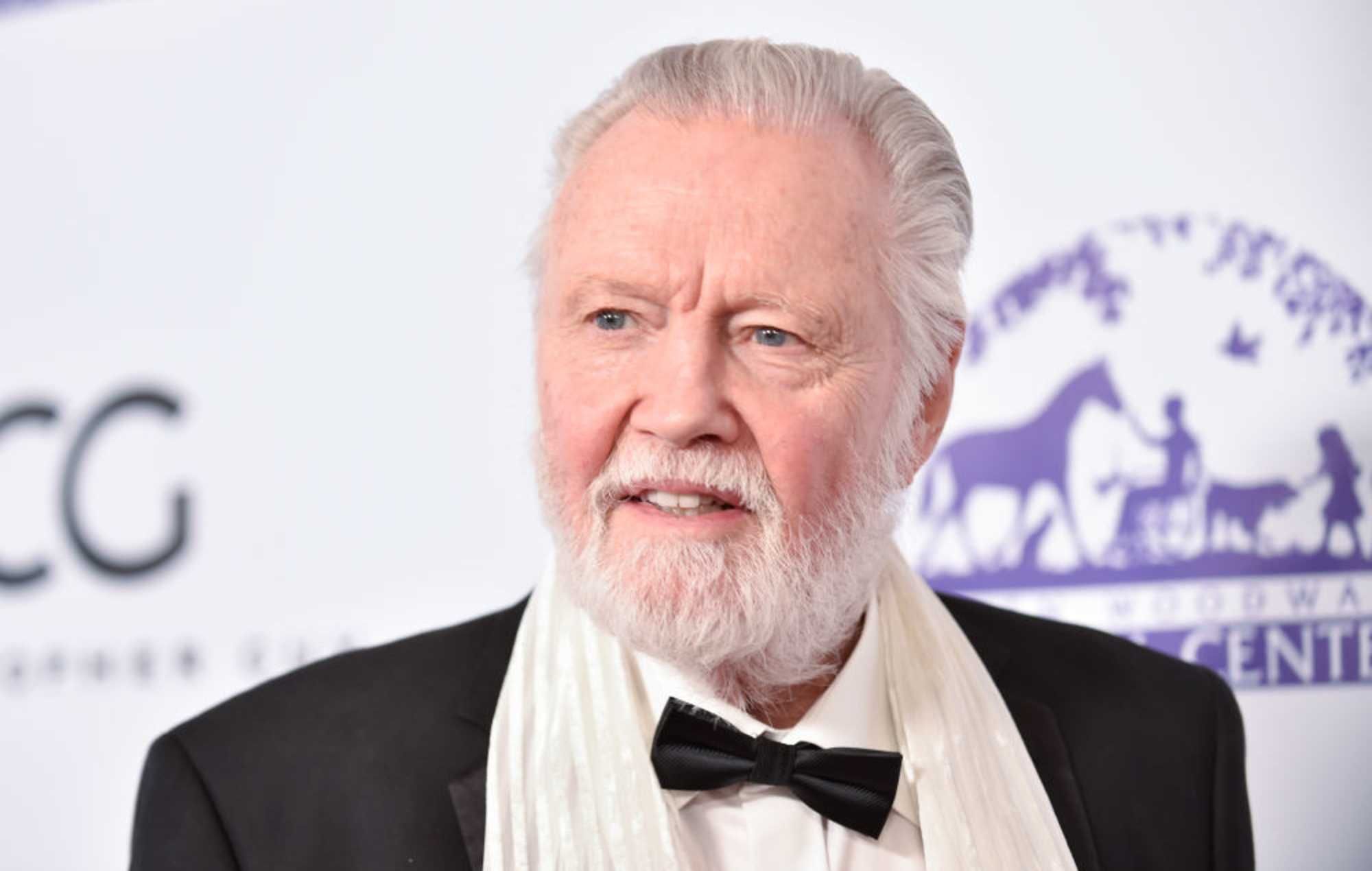
Veteran actor Jon Voight recently made headlines for turning down an eye-watering $20 million offer to star in a high-profile NFL ad alongside fellow acting legend Robert De Niro. The reason? Voight refused to work with what he described as a “woke creep,” reportedly aimed at De Niro and the campaign’s politically progressive undertones. This dramatic rejection not only reignites debates surrounding Hollywood’s ideological divides but also showcases the depth of Voight’s conviction.
The offer, proposed by a leading advertising agency representing the NFL, was part of a marketing blitz to elevate the league’s image. Both Voight and De Niro were targeted for their undeniable star power and legacy appeal. The ad was rumored to feature the two icons playing contrasting characters—one embodying traditional values, the other symbolizing modern progressivism—a concept designed to resonate with diverse audiences.
However, for Voight, the project crossed an ethical line. A staunch conservative, the actor is no stranger to expressing his political views, often championing right-leaning causes and publicly criticizing Hollywood’s perceived liberal agenda. Accepting the role would have not only paired him with De Niro, a known progressive but also aligned him with messaging Voight felt was counter to his deeply held beliefs.
Reports indicate that Voight’s discomfort with the project stemmed from the ad’s alleged focus on themes like social justice, inclusivity, and climate awareness—topics frequently labeled as “woke” by critics. When approached for comment, Voight was unequivocal: “I will never work with a woke creep. No amount of money can make me compromise my principles.”
His statement drew immediate backlash and applause in equal measure. Critics labeled his remarks as divisive, accusing him of perpetuating the very polarization he claims to oppose. Supporters, on the other hand, hailed him as a symbol of integrity in a world often accused of sacrificing values for financial gain.
De Niro, known for his fiery critiques of former President Donald Trump and outspoken support for progressive causes, has yet to directly respond to Voight’s rejection. However, insiders suggest the ad campaign will proceed without Voight, possibly with a different star filling his role. De Niro’s representatives reportedly declined to engage in the controversy, emphasizing his focus on the project’s creative aspects rather than its political undertones.
This clash of ideologies isn’t the first between the two legendary actors. Despite sharing the screen in critically acclaimed films like “Heat” (1995), Voight and De Niro have long been ideological opposites. Their differing worldviews have led to occasional public spats, mirroring the broader cultural wars gripping Hollywood.
For the NFL, this incident raises a critical question: Can the league successfully navigate the cultural and political divides of modern America while attempting to appeal to a broad demographic? Recent years have seen the organization embroiled in debates over player protests, notably Colin Kaepernick’s kneeling during the national anthem. The fallout from Voight’s rejection may underscore the challenges of balancing inclusivity with alienating traditionalist fans.
Voight’s decision to walk away from such a lucrative opportunity is a rare move in an industry often characterized by pragmatism over principle. The incident reinforces the growing schism within Hollywood, where stars are increasingly expected to take public stances on polarizing issues. For some, like Voight, that expectation comes with a clear line they’re unwilling to cross.
As the dust settles, the broader implications remain. Will Voight’s stand inspire other actors to prioritize values over paychecks, or will it highlight the risks of alienating lucrative partnerships? Either way, the fallout from this rejection is likely to resonate beyond Hollywood, offering a stark reminder of how personal convictions can shape professional choices in the entertainment industry.











